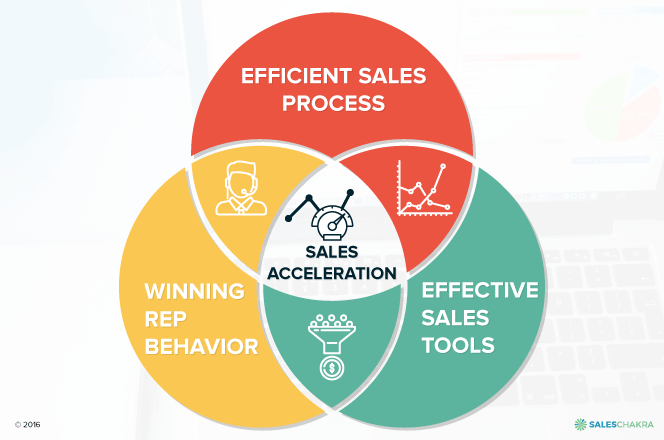
Mark Roberge offers a comprehensive approach to scaling sales operations effectively. Drawing on his experiences at HubSpot, Roberge outlines a data-driven method for driving revenue growth and optimizing sales teams. This white paper provides an in-depth analysis of the book's methodologies, key principles, and actionable insights for sales leaders and organizations seeking to enhance their sales performance.
White Paper: The Sales Acceleration Formula by Mark Roberge
Introduction
"The Sales Acceleration Formula: Using Data, Technology, and Inbound Selling to go from $0 to $100 Million" by Mark Roberge offers a comprehensive approach to scaling sales operations effectively. Drawing on his experiences at HubSpot, Roberge outlines a data-driven method for driving revenue growth and optimizing sales teams. This white paper provides an in-depth analysis of the book's methodologies, key principles, and actionable insights for sales leaders and organizations seeking to enhance their sales performance.
Key Principles
1. Data-Driven Sales Strategy
- Sales Metrics: Roberge emphasizes the importance of leveraging data to make informed decisions. Key metrics include conversion rates, sales cycle length, and customer acquisition costs.
- Sales Funnel Analysis: Tracking each stage of the sales funnel allows for identifying bottlenecks and optimizing processes to improve overall efficiency.
2. Hiring and Training Sales Talent
- Ideal Candidate Profile: Roberge advocates for developing a clear profile of the ideal salesperson, including traits, skills, and experiences that align with the company’s sales goals.
- Training Programs: Structured onboarding and continuous training are crucial for ensuring sales reps are equipped with the necessary skills and knowledge.
3. Sales Process Optimization
- Inbound Selling: Roberge introduces the concept of inbound selling, where sales reps focus on engaging prospects who have already shown interest through inbound marketing efforts.
- Sales Playbooks: Implementing playbooks provides sales teams with standardized approaches and best practices for handling various sales scenarios.
4. Technology Integration
- Sales Tools: Utilizing CRM systems and other sales technologies to automate processes, track performance, and gather actionable insights.
- Data Analytics: Advanced analytics help in forecasting sales, segmenting prospects, and personalizing sales approaches.
5. Scalable Sales Infrastructure
- Sales Organization Structure: Roberge discusses the importance of creating a scalable sales structure that can grow with the company. This includes defining roles, responsibilities, and processes.
- Performance Management: Regular performance reviews and feedback mechanisms are essential for maintaining high levels of sales productivity and motivation.
Implementation Strategy
1. Establish Metrics and KPIs
- Define the key performance indicators (KPIs) relevant to your sales goals. Regularly monitor these metrics to gauge the effectiveness of your sales strategies.
2. Develop a Hiring Framework
- Create a detailed profile of the ideal salesperson and use this framework to guide your recruitment and hiring processes.
3. Design Training Programs
- Implement a structured training program for new hires and provide ongoing development opportunities to existing team members.
4. Optimize Sales Processes
- Regularly review and refine your sales processes based on data and feedback. Develop playbooks to standardize successful approaches.
5. Leverage Technology
- Invest in and integrate technology tools that enhance sales efficiency and provide valuable insights into sales performance.
6. Build a Scalable Infrastructure
- Ensure that your sales organization’s structure and processes are scalable. Continuously adapt your infrastructure to support growth and changing business needs.
Conclusion
Mark Roberge’s "The Sales Acceleration Formula" provides a practical and data-driven approach to scaling sales operations. By focusing on metrics, hiring the right talent, optimizing processes, leveraging technology, and building scalable infrastructure, organizations can significantly enhance their sales performance and achieve substantial revenue growth. Implementing these strategies requires commitment and ongoing evaluation, but the results can be transformative for any sales-driven organization.